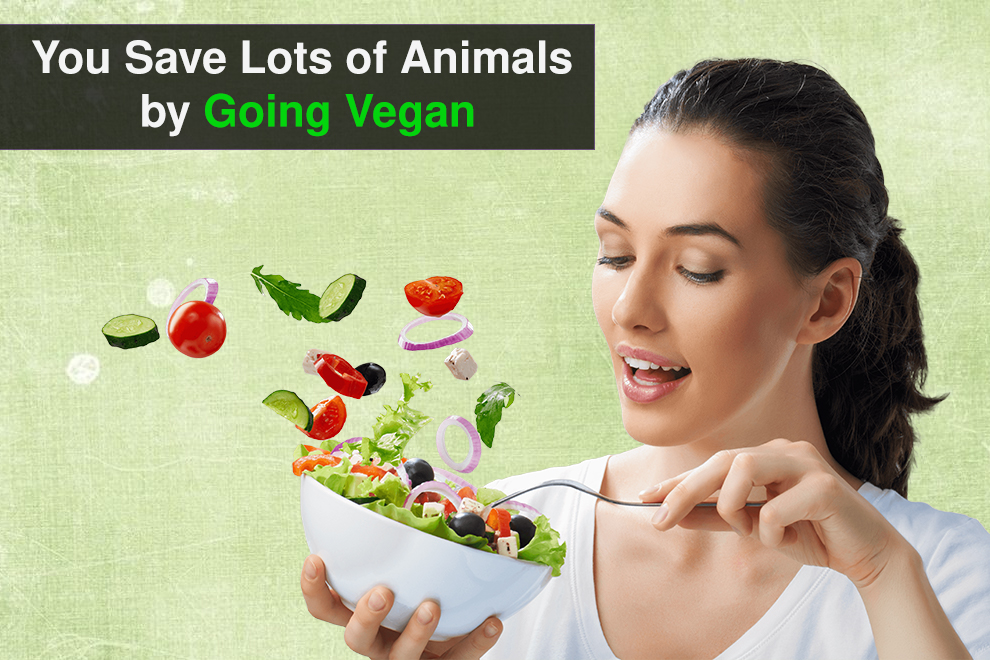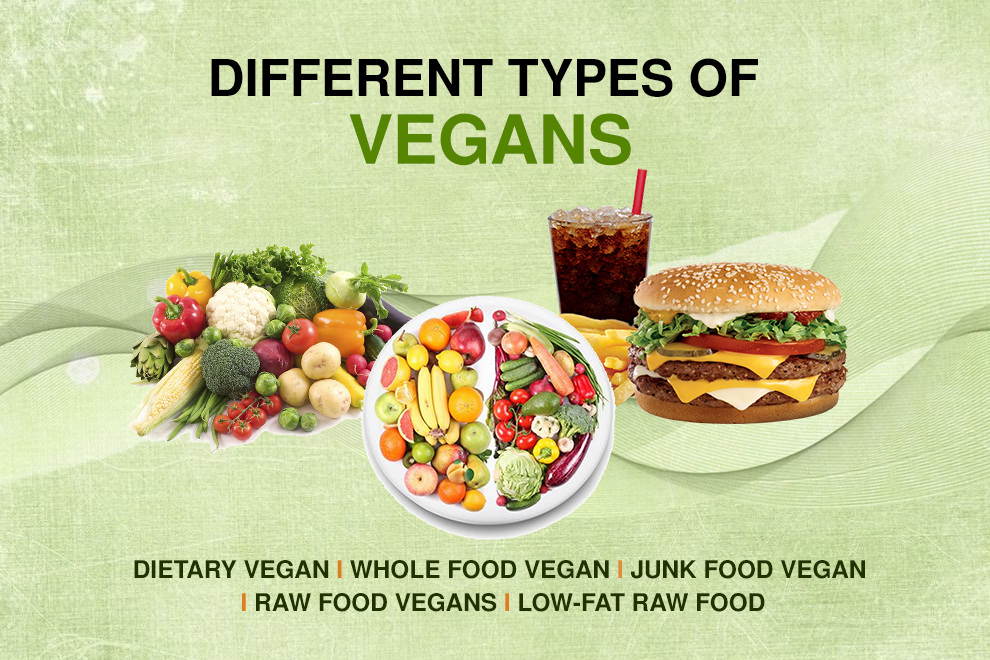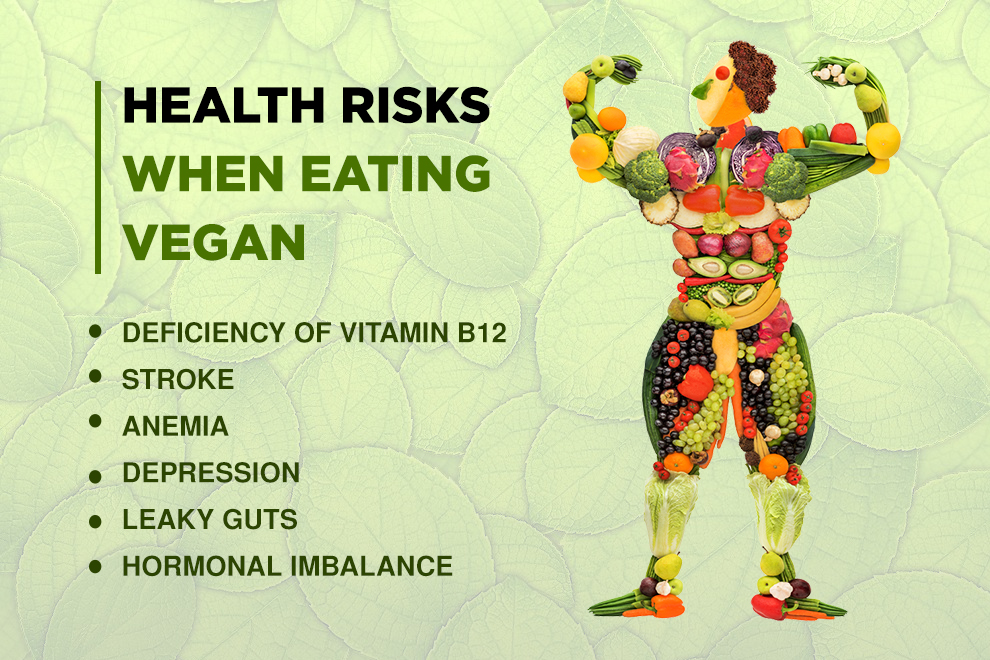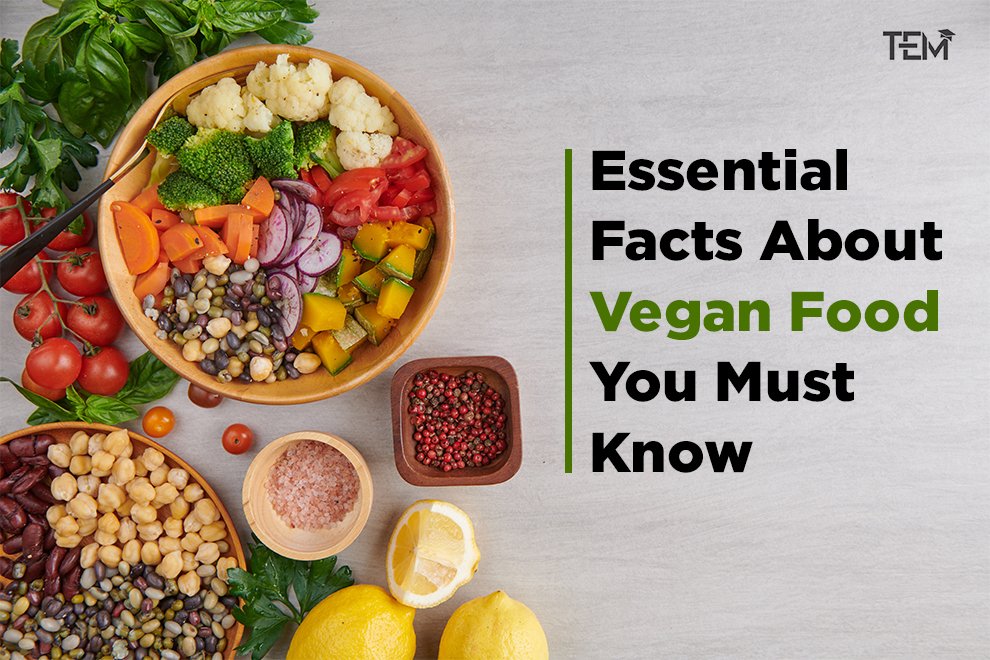Veganism is eating foods based on a plant diet and avoiding dairy products and eggs. A person who strictly follows this diet is known as a vegan. People usually embrace a vegan diet due to increased concern for animal rights. The vegan market in 2023 is $18.27 billion. They strictly highlight the torture and slaughter of poultry animals. Veganism has existed for more than 2000 plus years. The word vegan originated from the term vegetarian. In this blog, we will discuss interesting facts about vegan food.
1. The Early Concept of Vegan Food Started in 1806 CE
People have been eating vegan food for 2000 years. The vegan society was established years ago, i.e., in 500 BCE. In 1806 CE, the earliest concept of veganism started taking shape due to Dr. William Lambe and Percy Shelley, the first Europeans to object to dairy products and eggs. In 1944, Donald Watson and five other non-dairy vegetarians coined“vegan.” In 1949, Leslie Cross defined veganism as “To seek the end to the use of animals by means for food, commodities, work hunting, etc., involving the exploitation of animal life by man.”
2. You Save Lots of Animals by Going Vegan

Did you know that by switching to a vegan diet every year, you can save up to 200 animals? Reducing the demand for animal meat and products minimized animal exploitation and suffering. Poultry animals are tortured in the worst ways possible. They provide them with hygienic conditions to live in, overfeed or over-starve them many times, take away their offspring from them, and brutally slaughter them. By eating vegan food, you will save them from animal abuse.
3. You Reduce Your Carbon Footprint by Almost 73%
Farmers feed poultry animals large volumes of food to produce more meat and sell them for higher prices. This overfed livestock is slaughtered, transported, and stored in factories for sale. This process contributes to a large generation of greenhouse gases. Did you know that meat eaters contribute to higher greenhouse gases? Agricultural greenhouse gases generate up to 23% by red meat. Beef contributes to up to 22% of methane emissions, which are more harmful than carbon dioxide.
4. Vegan Food Can Save the Planet
A vegan diet can save up to 1.5 million liters of water. Humans destroy one thousand sq. km of forests annually and generate 3,300 kg of Co2 in the air. Did you know that raising one kg of beef takes more than 200 liters of water? Switching to veganism will save up to 15 thousand liters of water. Cutting down on chicken saves 4,325 liters of water. The meat industry clears millions of acres of forested land to make room to graze cattle and grow crops for animal feed.
5. Different Types of Vegans

Did you know that there are 5 types of vegans?
- Dietary vegan: People who avoid animal products but use them in making other products are known as dietary vegans. For eg, In cosmetics.
- Whole food vegan: These people favor a diet that includes whole foods such as fruits, veggies, whole grains, legumes, nuts, and seeds.
- Junk food vegan: These people prefer and heavily rely on processed vegan food such as frozen fake meat, frozen vegan desserts, frozen entréfeaturing brown rice, nuts, and beans, etc.
- Raw food vegans: These vegans eat raw foods or foods cooked below 48 degrees Celsius.
- Low-fat raw food: Here, people mostly consume a fruit-based diet. But, they may occasionally eat small amounts of plants.
6. Additives That Vegans Must Avoid
Some additives are derived from animals that vegans should avoid. Some of them are as follows:
- Certain additives: E120, 322, E422, E471, E542, etc., are derived from animals, and these must be avoided by those consuming vegan food.
- Cochineal: This additive is made from the cochineal insects used to make carmine. Carmine is used as an ingredient to make a natural dye that must is used to give the red color to foods.
- Gelatin: This is a thickening agent that comes from animals such as cows, pigs, etc.
- Isinglass: This substance comes from fish bladders and is used to make beer or wine.
- Natural flavorings: The ingredients used in natural flavorings are mostly animal-based.
- Omega 3 fatty acids: Although there are vegan foods that can provide a person with omega 3 fatty acids, mostly these acids are procured from fish.
- Shellac: Shellac is a substance secreted by the lac insect to make food glaze for candy or wax coatings.
- Vitamin D3: This additive is derived from fish oil or lanolin in sheep’s wool.
- Dairy ingredients: Whey, casein, and lactose are all derived from dairy.
7. The 22-Day Vegan Challenge
The 22-day challenge is one of the most interesting challenges for all vegans. Many people see this diet as a way of a vegan diet. One must avoid all foods containing animal products for 22 days. One must consume something other than meat, dairy, eggs, and even honey. The theory behind the 22-day challenge is that modern psychologists believe it takes 21 days to break a bad habit or form a new one. The challenge gained popularity on social media due to celebrities like Beyonce, Jay Z, and Jennifer Lawrence participating.
8. Health Risks When Eating Vegan

Although there are various benefits to eating vegan food, there are also certain risks.
- Deficiency of vitamin B12: This nutrient is mostly found in non-veg items. Without B12, one can develop anemia, gastritis, Crohn’s disease, Celiac disease, and stroke. However, this can be avoided if the person continues to intake Soy, Plant milk, Shiitake mushrooms, and seaweed.
- Stroke: Due to the lack of B12, the person can suffer from a stroke. Vitamin B12 is important in cellular growth, regulating other biological activities, and reducing blood clots. The researchers found that a healthy plant-based diet and being linked with a 10% lower overall stroke risk was associated with a modest reduction in risk of Ischemic stroke, the most common type of stroke, which occurs when blood flow to the brain is blocked.
- Anemia: A person can develop anemia due to the lack of iron in the blood. Iron helps in generating RBCs. The lack of B12 leads to unhealthy RBCs and insufficiency of oxygen, which causes anemia.
- Depression: Due to the shortage of brain chemicals such as serotonin, dopamine, etc., symptoms of depression can be triggered. If your vegan diet is not planned properly, you may not have enough amino acids, leading to depression.
- Leaky Guts: While legumes and other plant-based diets are rich in protein, they contain many bacteria, such as Ruminococcus, E. Rectale, Clostridium, etc., that could increase intestinal permeability and cause a condition known as leaky gut.
- Hormonal Imbalance: If you don’t have a well-planned vegan diet, increasing the consumption of certain products can cause hormonal imbalance. For example, Eating too many soy products for protein can disrupt normal body functioning.
9. 1.1% Of The Global Population Is Vegan
The number of vegans worldwide in 2023 will be approximately 88 million, around 1.1% of the world’s population. It has been found that females consume vegan food compared to men. In India, 19% of people follow veganism. There are 2 million vegans in the UK. The vegan market is expected to increase to $31.4 billion by 2026. More than 6,29,000 people signed in for the “Veganauary” campaign in 2022. It has been predicted that by 2040, only 40% of people will consume meat globally. By 2050, 8 million human lives could be saved. It could save climate damages of $1.5 trillion.
In conclusion, eating vegan food has more pros than cons. It is not only beneficial for every person but also for the planet. Many resources are available to help you transition if you consider going vegan. If you want to learn more about veganism, I encourage you to research and talk to your doctor. Everyone should embrace veganism to save lives at present and in the future. We hope you enjoyed reading this blog. For more interesting content, please stay hooked to our website.
ALSO READ: Top 20 Eye-opening Health Quotes to Live a Better Life












